Malaria: Symptoms, Causes, and Treatment
Learn about malaria, its symptoms, causes, and treatment options. Discover how to prevent infection and when to seek medical help. Stay protected and informed.
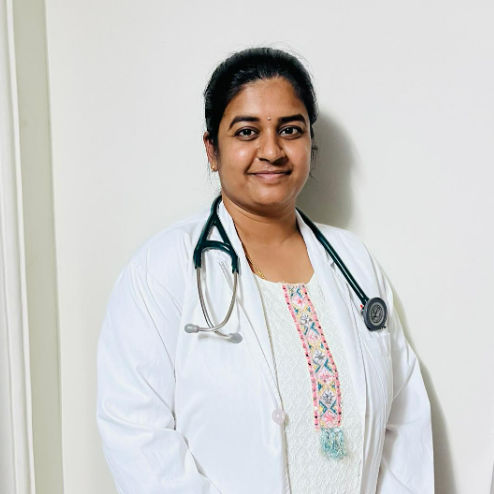
Written by Dr. Shaik Abdul Kalam
Reviewed by Dr. Rohinipriyanka Pondugula MBBS
Last updated on 29th Jul, 2025
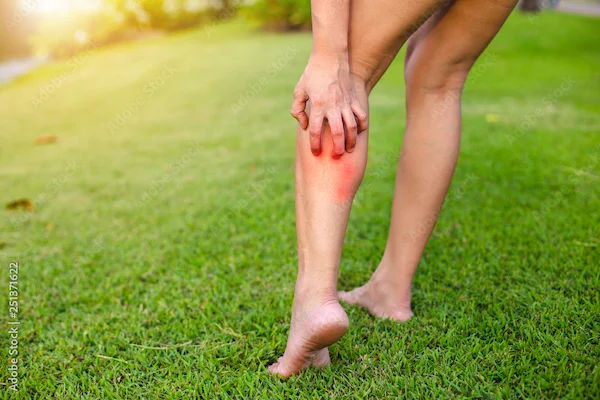
Introduction
Malaria is a serious but preventable and treatable disease caused by parasites that are transmitted to humans through the bite of infected mosquitoes. It is a major health concern in tropical and subtropical regions, affecting millions of people every year. Understanding its symptoms, causes, and treatment options can help you stay protected and seek timely medical care if needed.
What is Malaria?
Malaria is a life-threatening disease caused by Plasmodium parasites, which are spread to humans through the bites of infected female Anopheles mosquitoes. Once inside the body, these parasites multiply in the liver and then infect red blood cells, leading to symptoms like fever, chills, and fatigue. If not treated promptly, severe malaria can cause complications such as organ failure and even death.
Common Symptoms of Malaria
Symptoms usually appear 10–15 days after the mosquito bite, but in some cases, they may take longer. The most common signs include:
- High fever (often with chills and sweating)
- Headache and body aches
- Nausea and vomiting
- Fatigue and weakness
- Muscle or joint pain
- Diarrhea (in some cases)
In severe malaria, symptoms can worsen and include:
- Confusion or seizures
- Difficulty breathing
- Dark or bloody urine (due to kidney damage)
- Severe anemia (pale skin, dizziness)
If you or a loved one experience these symptoms—especially after traveling to a malaria-prone area, seek medical help immediately.
What Causes Malaria?
Malaria is caused by five types of Plasmodium parasites, with P. falciparum being the most dangerous. The disease spreads when:
1. An infected mosquito bites a person, transferring the parasite into their bloodstream.
2. The parasite travels to the liver, multiplies, and then enters red blood cells, destroying them and causing illness.
3. Another mosquito bites the infected person, picks up the parasite, and spreads it to others.
Malaria does not spread through casual contact like coughing, sneezing, or touching. However, in rare cases, it can be transmitted through:
- Blood transfusions
- Organ transplants
- Mother to unborn child (congenital malaria)
Who is at Risk?
People living in or traveling to tropical and subtropical regions (such as parts of Africa, South Asia, and South America) are at higher risk. Other vulnerable groups include:
- Pregnant women (higher risk of severe complications)
- Young children (weaker immune systems)
- People with weak immunity (HIV/AIDS patients, those on immunosuppressive drugs)
Diagnosis and Treatment
If you suspect malaria, a doctor will perform:
- Blood tests (to detect the parasite)
- Rapid diagnostic tests (RDTs) (for quick results)
Treatment Options
Treatment depends on the type of parasite and severity of the infection. Common medications include:
- Chloroquine (if the parasite is sensitive to it)
- Artemisinin-based combination therapy (ACT) (for P. falciparum)
- Other antimalarial drugs (like quinine, doxycycline, or primaquine)
Severe malaria may require hospitalization, intravenous (IV) medications, and supportive care.
Prevention Tips
The best way to avoid malaria is prevention. Here’s how you can protect yourself:
1. Avoid Mosquito Bites
- Use insect repellent (containing DEET, picaridin, or oil of lemon eucalyptus).
- Wear long-sleeved shirts and pants, especially at dusk and dawn when mosquitoes are most active.
- Sleep under insecticide-treated mosquito nets.
- Use window and door screens to keep mosquitoes out.
2. Take Antimalarial Medications (If Traveling to High-Risk Areas)
- Consult a doctor before traveling to malaria-prone regions.
- Take prescribed prophylactic (preventive) medicines as directed.
3. Reduce Mosquito Breeding
- Eliminate standing water (where mosquitoes breed) around your home.
- Use mosquito coils or sprays indoors.
When to See a Doctor
Seek medical help immediately if:
- You develop fever, chills, or flu-like symptoms after visiting a malaria-endemic area.
- Symptoms worsen despite home care.
- You are pregnant or have a weak immune system.
Early diagnosis and treatment can prevent severe complications.
Final Thoughts
Malaria is a dangerous but manageable disease. By taking preventive measures, recognizing symptoms early, and seeking prompt treatment, you can protect yourself and your loved ones. If you’re planning to travel to a high-risk area, consult a healthcare provider for preventive medications and advice.
Need Help?
If you suspect malaria or need expert guidance, you can book a consultation or lab test through Apollo 24|7. Early detection saves lives—don’t delay!
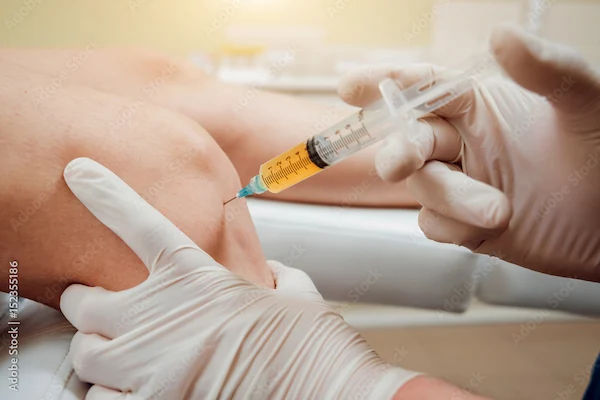
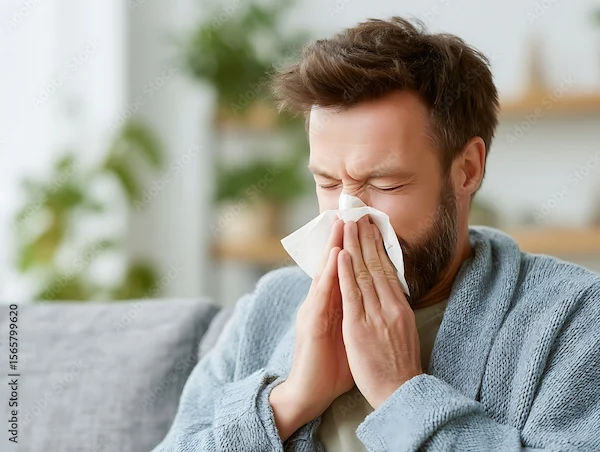
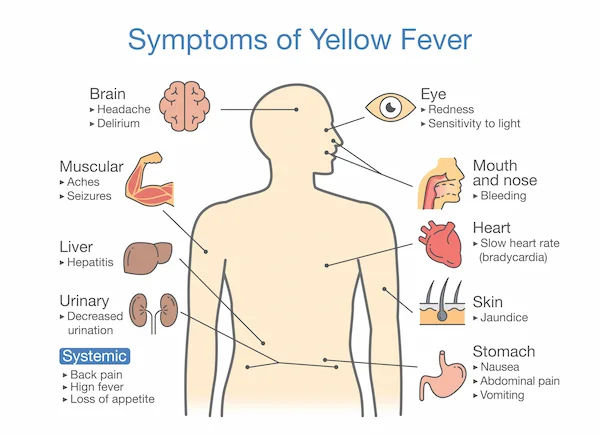

.webp)